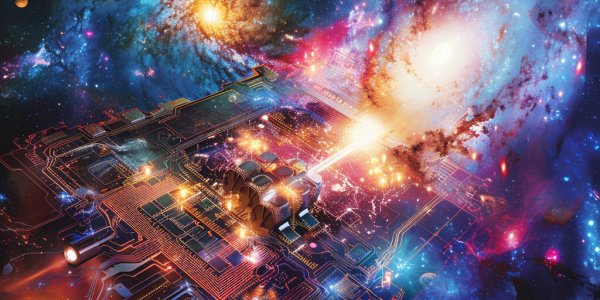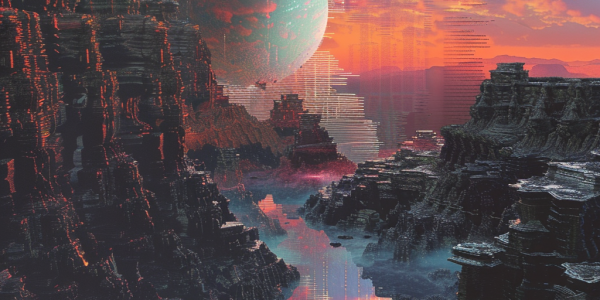Frontier Supercomputer Executes Largest Universe Simulation, Advancing Astrophysics
The Frontier supercomputer at Oak Ridge National Laboratory has executed the largest simulation of the universe, enhancing our understanding of cosmological hydrodynamics. This groundbreaking achievement, led by a team from Argonne National Laboratory, showcases the power of high-performance computing in astrophysics, pushing the boundaries of our knowledge about the universe’s evolution and structure formation.
New Theory Proposes Universe as Massive 4X Strategy Game
A recent physics paper proposes a new theory suggesting that our reality may be similar to a massive 4X strategy game. Dr. Melvin Vopson’s research explores the concept of information theory and its relation to our existence, introducing the second law of information dynamics. This theory posits that information is equivalent to energy and possesses mass, potentially solving cosmological mysteries. While lacking concrete evidence, Dr. Vopson’s work prompts contemplation about a universe governed by a computational framework, challenging established beliefs and raising intriguing possibilities for the nature of reality.


